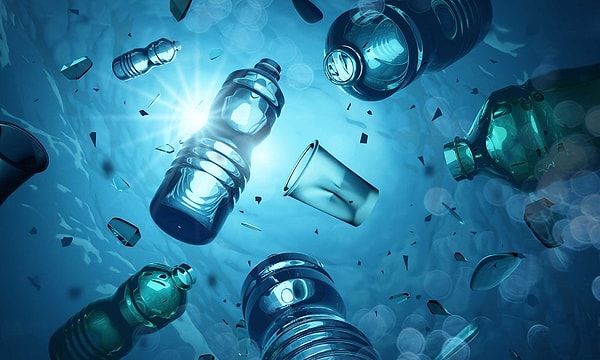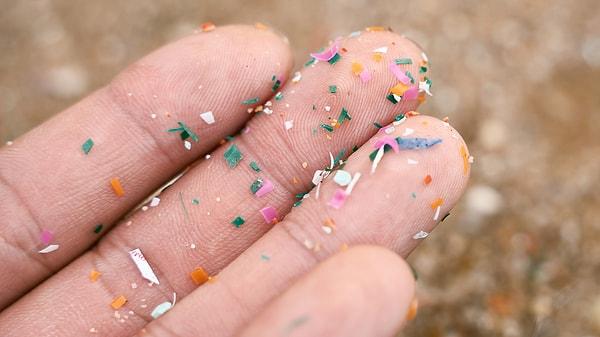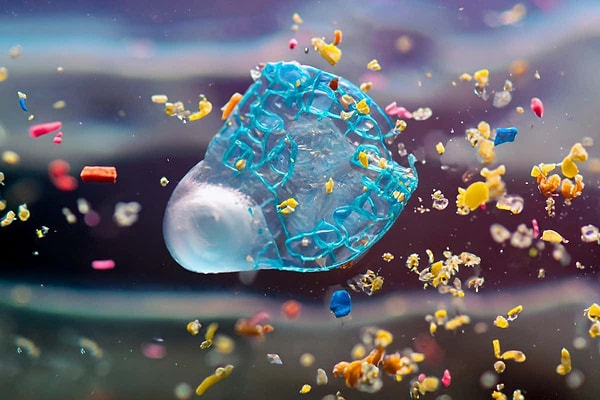Latest Scientific Study Reveals Microplastics Found in the Brain
A recent scientific study has shed light on a concerning issue – microplastics, prevalent in various aspects of our lives, have now been discovered in the brain. Initially detected in human blood in 2022, the presence of microplastics has extended to other parts of the body, including the brain and kidneys. This revelation raises important questions about the potential health impacts of microplastic exposure. Let's delve into the details of this groundbreaking research.
As you can imagine, plastic is ubiquitous in our lives, from bottles to everyday items, making contact with plastic nearly unavoidable.

Therefore, the entry of 'microplastics' into our bodies is equally likely. Microplastics are defined as particles smaller than 5 mm that contribute to environmental pollution. Typically derived from petroleum and insoluble in water, they can have various shapes or be shapeless.
In 2022, microplastics were first detected in human blood.

A test conducted on 22 participants revealed microplastic presence in 17 individuals' blood.
Now, according to a new study, microplastics are not just limited to our blood but have also been found in our brains!

Researchers from the University of New Mexico stated in a press release that microplastics from our water, food, and inhaled air can travel from our intestines to other parts of the body like the kidneys, liver, and brain.
To gauge the impact of microplastics, the team conducted another experiment on a mouse, providing it with water equivalent to what humans consume in a week.

This ensured the mouse received the same amount of microplastics a person consumes weekly. Scientists had previously determined that humans ingest about five grams of microplastics weekly, roughly equivalent to the weight of a credit card.
Castillo, in his article published in the journal "Cell Biology and Toxicology," found that microplastics alter immune cells called macrophages, responsible for protecting the body from foreign particles, leading to inflammation.

The renowned expert also emphasizes in his article that avoiding microplastics is unavoidable.
Keşfet ile ziyaret ettiğin tüm kategorileri tek akışta gör!


Send Comment